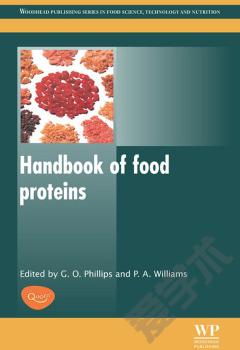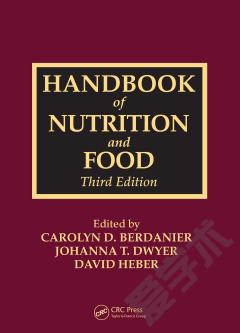Handbook of Food Proteins
Traditionally a source of nutrition, proteins are also added to foods for their ability to form gels and stabilise emulsions, among other properties. The range of specialised protein ingredients used in foods is increasing. Handbook of food proteins provides an authoritative overview of the characteristics, functionalities and applications of different proteins of importance to the food industry in one convenient volume.The introductory chapter provides an overview of proteins and their uses in foods. The following chapters each focus on a particular protein ingredient or group of ingredients covering their origins, production, properties and applications. The proteins discussed are caseins, whey proteins, gelatin and other meat-derived protein ingredients, seafood proteins, egg proteins, soy proteins, pea and other legume proteins, mycoprotein, wheat gluten, canola and other oilseed proteins, algal proteins and potato protein. A chapter on texturised vegetable proteins completes the volume. Innovative products and potential methods for improving nutrition and diet using these proteins are described.With its distinguished editors and international team of expert contributors Handbook of food proteins is an invaluable reference tool for professionals using food protein ingredients for both food and other applications.An authoritative overview of the characteristics, functionalities and applications of different proteins of importance to the food industryChapters each focus on a particular protein ingredient or group of ingredientsInnovative products and potential methods for improving nutrition and diet using proteins is also described
{{comment.content}}








 京公网安备 11010802027623号
京公网安备 11010802027623号